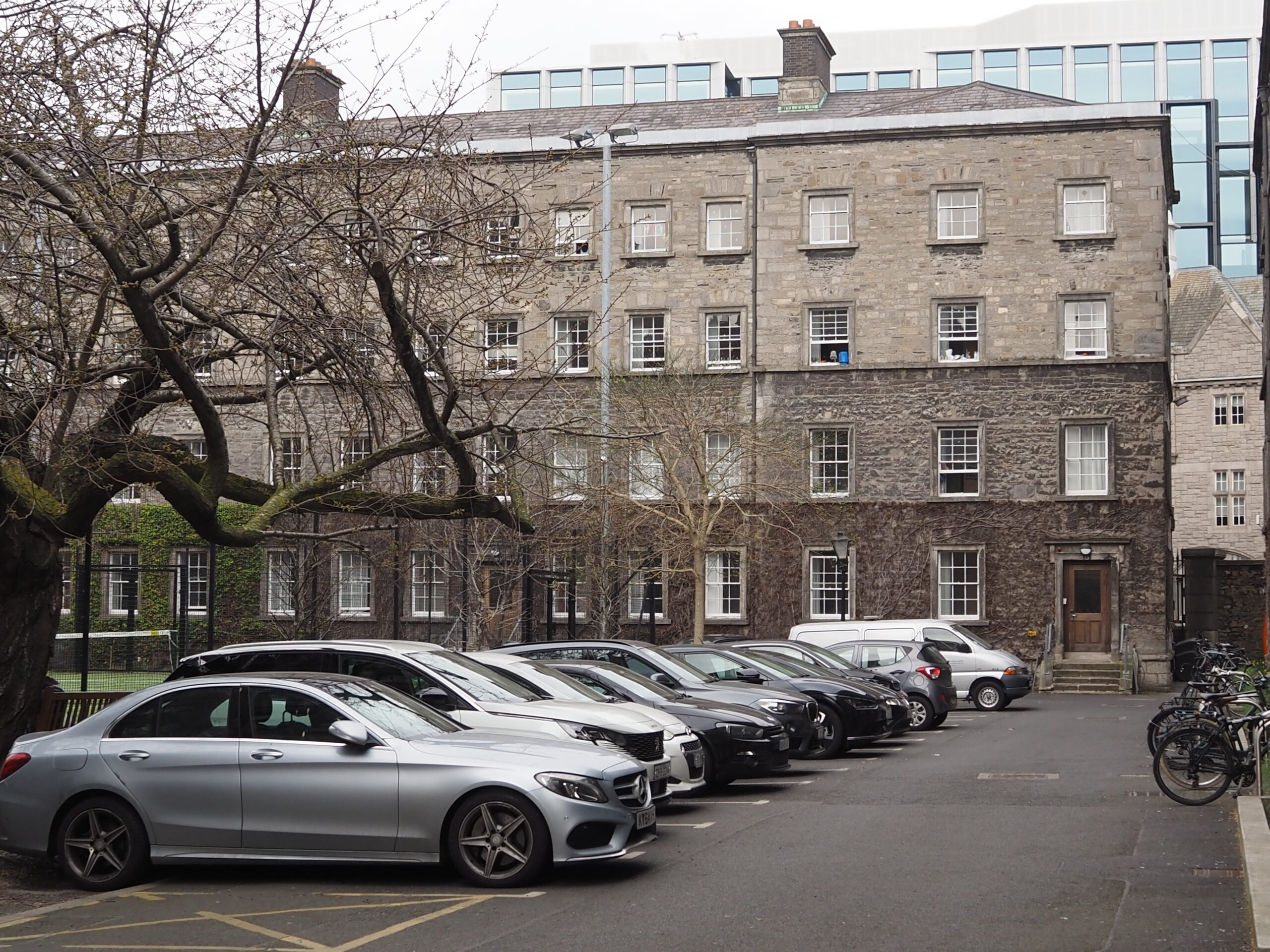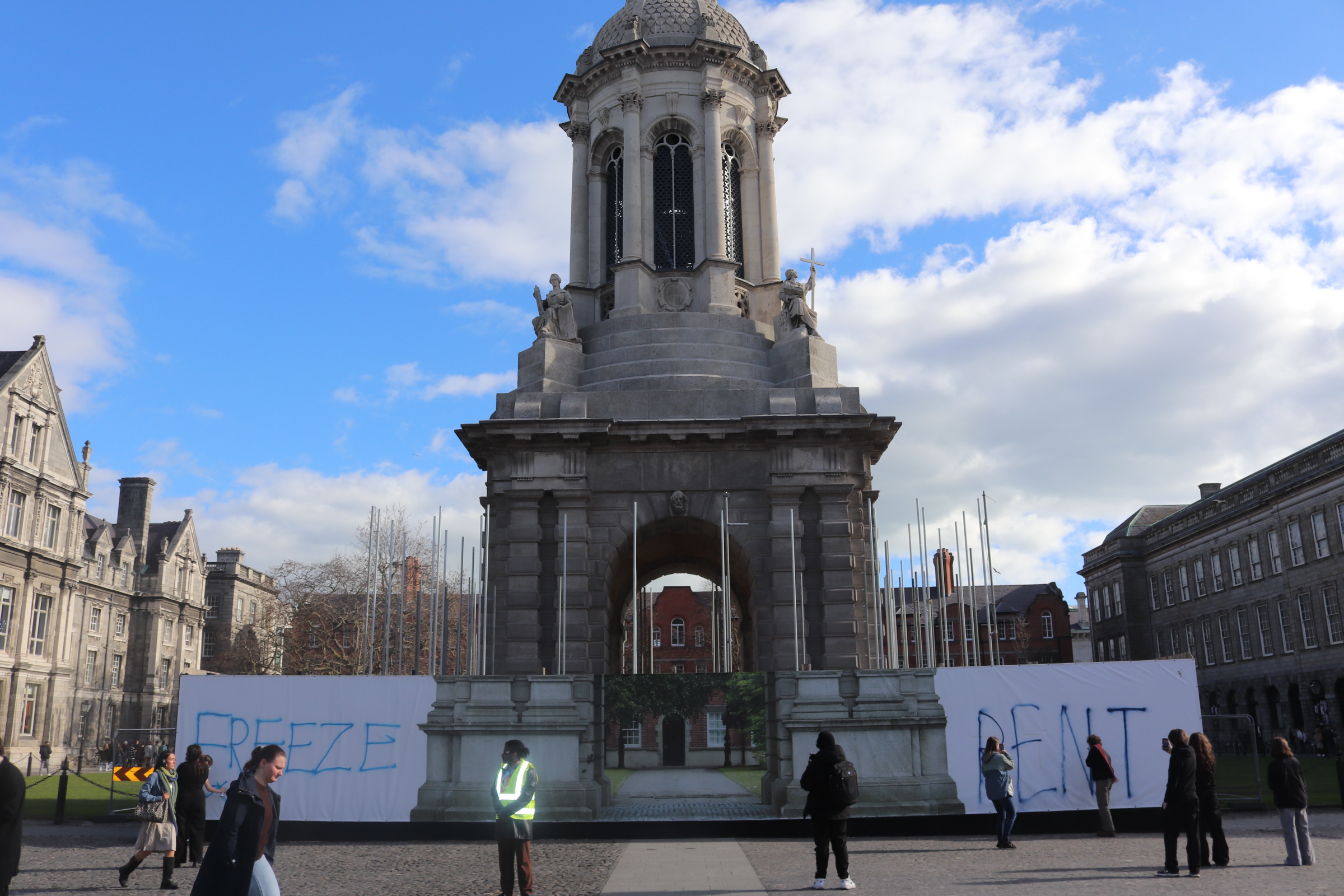Trinity raised eyebrows this week after it announced that violation of coronavirus rules in campus accommodation could lead to the offending student’s license to reside in College being revoked.
Being kicked off campus because of breaking rules in what is essentially a student’s home for a year may, at first glance, seem excessive. A look across the pond, however, shows that perhaps the move is not that drastic. Students in Northeastern University in Boston, for example, are being expelled for flouting coronavirus prevention rules.
Those who live on campus with these measures will ultimately have less freedom than those not living on campus. The reality is, however, that Trinity is in danger of becoming a coronavirus petri dish due to its location – enforcement of regulations is important.
Not all regulation breaches are equal. Punishing breaches on a case-by-case basis is a good approach, considering the significant difference between having a party with 40 people on campus and having a significant other over. This should allow for some flexibility and varying levels of punishment.
How these rules will be enforced remains to be seen. For example, will international students be treated the same as domestic students when it comes to these punishments or will College grant them a lighter touch?
There is a risk too, with these rules, that students will not come forward with symptoms if they have to disclose who they’ve been in contact with on campus and will want to avoid admitting to breaking rules if punishments are too draconian. This could prove to be counterproductive for contact tracing and containing the spread of the virus.
So, while hopefully students will comply with the rules and there will be no need to take drastic action, it is only right that College inform students what is acceptable this coming year.
Since rules and regulations on gatherings are government backed, it would be irresponsible of College not to put firm measures in place. Moreover, as the punishment is quite severe, it will undoubtedly deter students from hosting on-campus parties which are totally unacceptable during a pandemic. The – hopefully – few students who endanger others should face the consequences of their actions.






